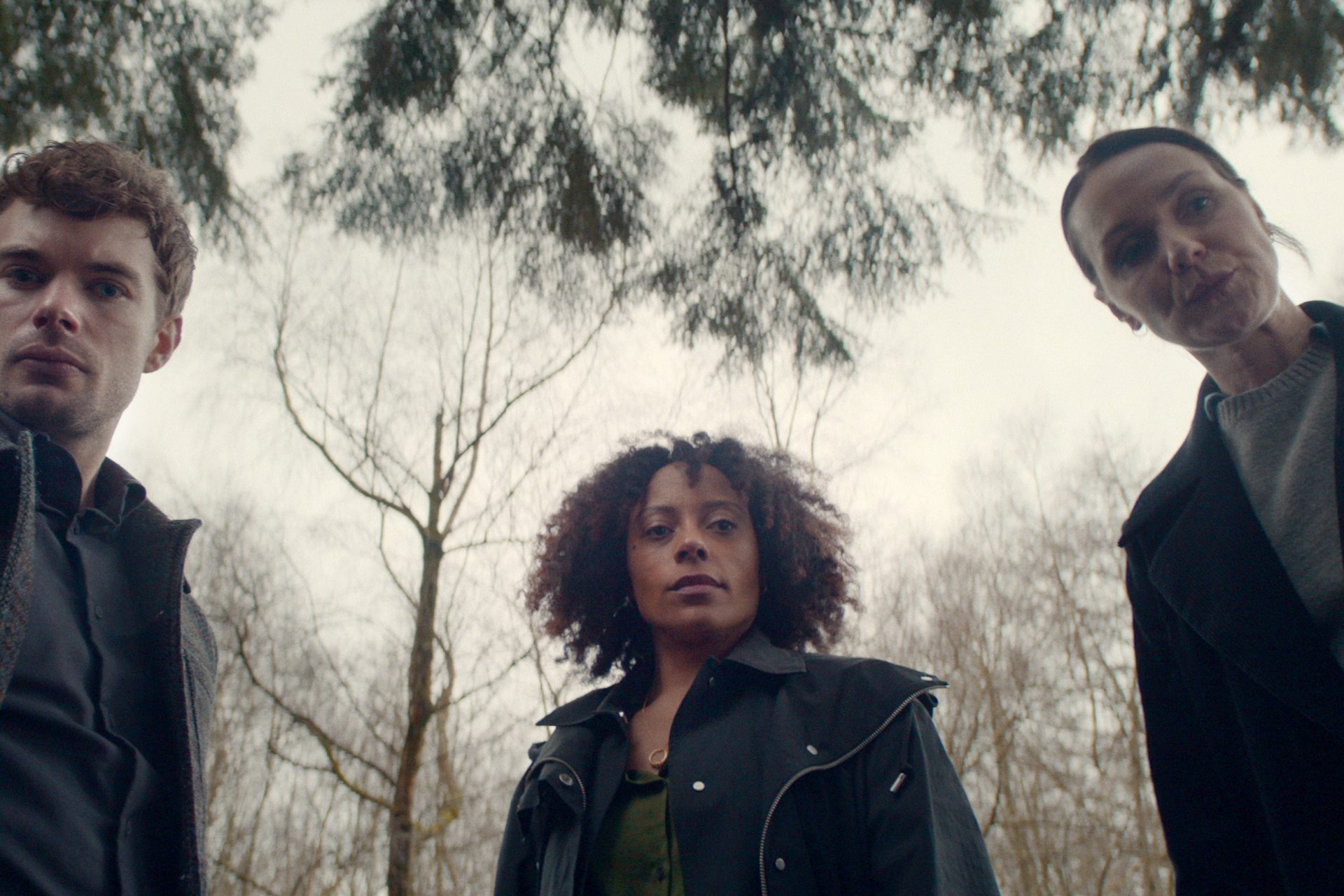A huge disappointment
We all remember the huge disappointment we felt the day we found out Santa Claus wasn’t real. Maybe our parents had a talk with us, or maybe we caught them putting the presents underneath the Christmas tree.
Photo: _dyz_/Unsplash
The magic of Christmas eve
But however sad that was, we may also remember the joy and excitement we felt on Christmas eve as we set out cookies and milk for the nice, old, bearded man who would bring us presents while we slept.
An honesty dilemma for parents
The man in the red suit is an honesty dilemma for many parents, and when kids start doubting his existence, should they keep the lie going? Most experts say they shouldn’t. Here’s why:
The developmental stage in which kids can distinguish fact from fiction
When a child asks if Santa Claus is real it means they are at a developmental stage in which they already distinguish between reality and fictional characters, says developmental psychologist Amelia Shay.
Not helpful to lie when kids suspect the truth
“It’s not helpful to lie to kids when they are already making this distinction”, explains the psychologist to The Conversation.
Only if the question comes up
However, Shay thinks that it isn’t necessary to sit down with your child and discuss the matter. But if the question does come up, then the best thing would be to tell the truth.
Photo: Jonathan Borba/Unsplash
Perpetuating cultural myths
“We lie to our children about many things, often to cover unpleasantness or to perpetuate cultural myths”, says Peter Ellerton, a philosopher to The Conversation.
An unrealistic view of the world
However, reinforcing these myths can give children an unrealistic view of the world. “If only good children get presents, what does this say about poor families?”, Ellerton exemplifies.
A negative impact on poor children's self-worth
In the case of poor children, this narrative may badly impact their self-worth and children are more alert to these implications that we give them credit for, according to the philosopher.
Lack of critical thinking
Rebecca English, a teacher and educator, thinks that the whole idea of Santa Claus makes children suspend critical thinking and believe a fiction.
Encouragement to consume others’ ideas
“Far from promoting wonder, the Santa story encourages children to be consumers of others’ ideas,” English said to the Conversation.
An obedience tool
Moreover, it is used as a “stick to foster obedience”, she said, referencing the classic naughty or nice list.
The real Santa
“If you want to do Santa that’s fine, but let the children know he was based on a historical figure that may or may not have done the things we think he did,” says Dr. Justin Coulson, parenting expert.
The distinction between fact and fiction doesn’t imply lack of fantasy
Research suggests children are able to differentiate fact from fiction from an early childhood and that distinction doesn’t have to rob them of any joy or fantasy in their lives, explains Coulson.
Children don’t appreciate dishonesty
“Unlike the belief in Santa, which is something children grow out of, dishonesty is something children grow into,” says Robert Feldman, a psychology professor who has studied lying for years.
Children may wonder what other lies parents are telling
Added to the disappointment that Santa is not real, is learning the fact that your parents lied to you and wondering what other lies they have told, adds teacher Rebecca English.
Google can tell them the truth
On top of it all, there’s the fact that children nowadays can google any question they have, and probably will if they suspect their parents aren’t telling them the truth about something.
Photo: Patricia Prudente/Unsplash
Santa Claus provides social belonging
But there are experts who think the lie is okay because it’s part of a cultural tradition that provides social belonging to children.
Imagination stimulation
Kelly-Ann Allen, an educational psychologist, says Santa mythology can be important for executive functions like attention skills and helps stimulate imagination.
An age-appropriate parental judgement
The psychologist adds that parents are required to make age-appropriate judgements about what information to share with their children all the time, and that Santa not being real is no different.
Let children find out in their own time
“It’s okay to let children come to their own natural conclusions about Santa within their own time”, says the pshychologist.
Photo: Chris Benson/Unsplash
































